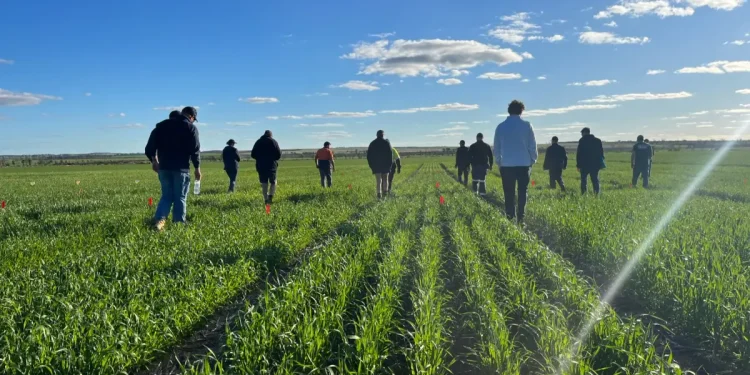Insights into the Difficulties Faced by Belgian Vegetable Growers
As the Belgian asparagus season comes to a close, farmers and agronomists are contending with significant challenges in transitioning from greenhouse to open field cultivation. This article examines the recent difficulties, particularly for asparagus and other outdoor vegetables, and offers insights from industry expert Benny Cuypers of BelOrta.
The end of the asparagus season in Belgium is traditionally marked by St John’s Day. Unlike other vegetables, whose seasons depend on supply, asparagus season remains strictly defined. However, this year has seen a considerable decline in supply during the last two to three weeks of the season. Benny Cuypers attributes this to a challenging cultivation period exacerbated by abundant rainfall.
“This season has been very difficult for asparagus growers,” Cuypers explains. “Excessive rain made it hard to achieve the usual production volumes, and harvesting was often nearly impossible. Some fields were half flooded, resulting in an estimated 15 percent reduction in volume.”
The poor weather conditions also impacted asparagus consumption. “Asparagus generally sees higher consumption in sunny weather, so the rain didn’t help,” Cuypers notes. Despite reduced consumption, prices remained strong due to market scarcity. “While it wasn’t a productive year, the scarcity somewhat compensated for the growers who could still sell their produce. Nonetheless, it was a challenging season.”
With the asparagus season ending, attention shifts to other outdoor vegetables, which are also facing difficulties. “The weather conditions have made it tough across the board,” says Cuypers. “The transition from greenhouse to outdoor cultivation has been problematic. Typical outdoor crops like cauliflower, fennel, zucchini, and various lettuce varieties have had a slow start.”
Fennel, in particular, experienced a significant shortage, and cauliflower production faced serious losses, resulting in supply gaps. “We hope for a few months with less rain to allow for normalization. Due to the scarcity, prices are high, but this is little consolation for growers facing big delays or production losses,” Cuypers concludes.
As Belgian growers navigate these challenging conditions, the focus remains on adapting to the weather and market demands. Collaboration and innovative cultivation techniques will be crucial for overcoming these obstacles and ensuring a stable supply of quality vegetables.
Error




